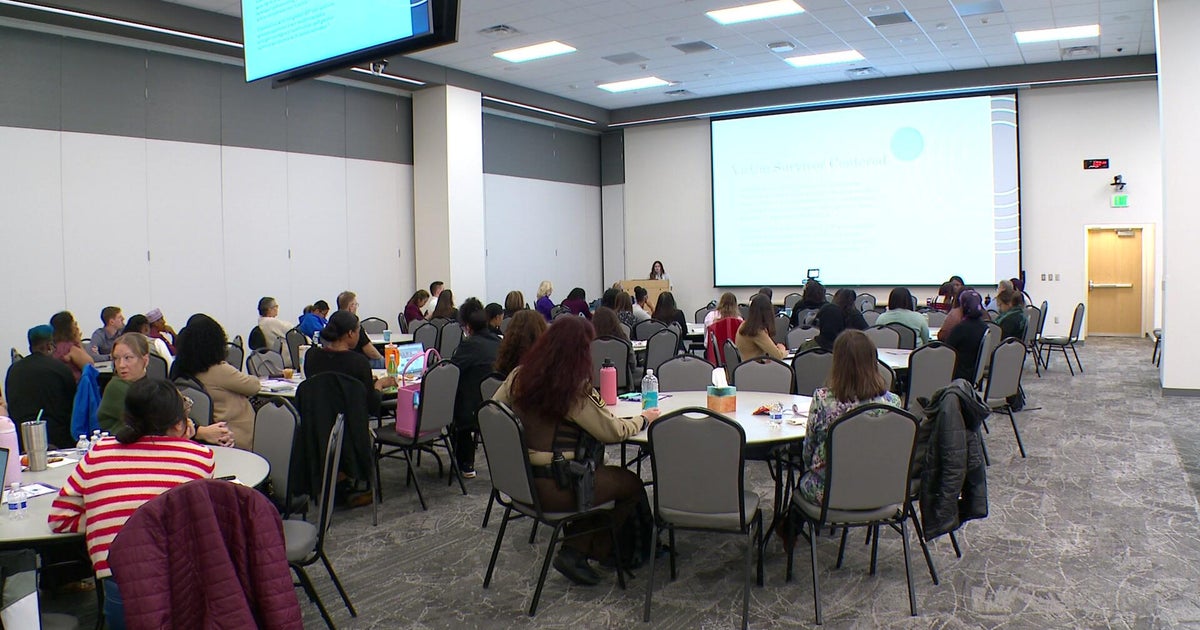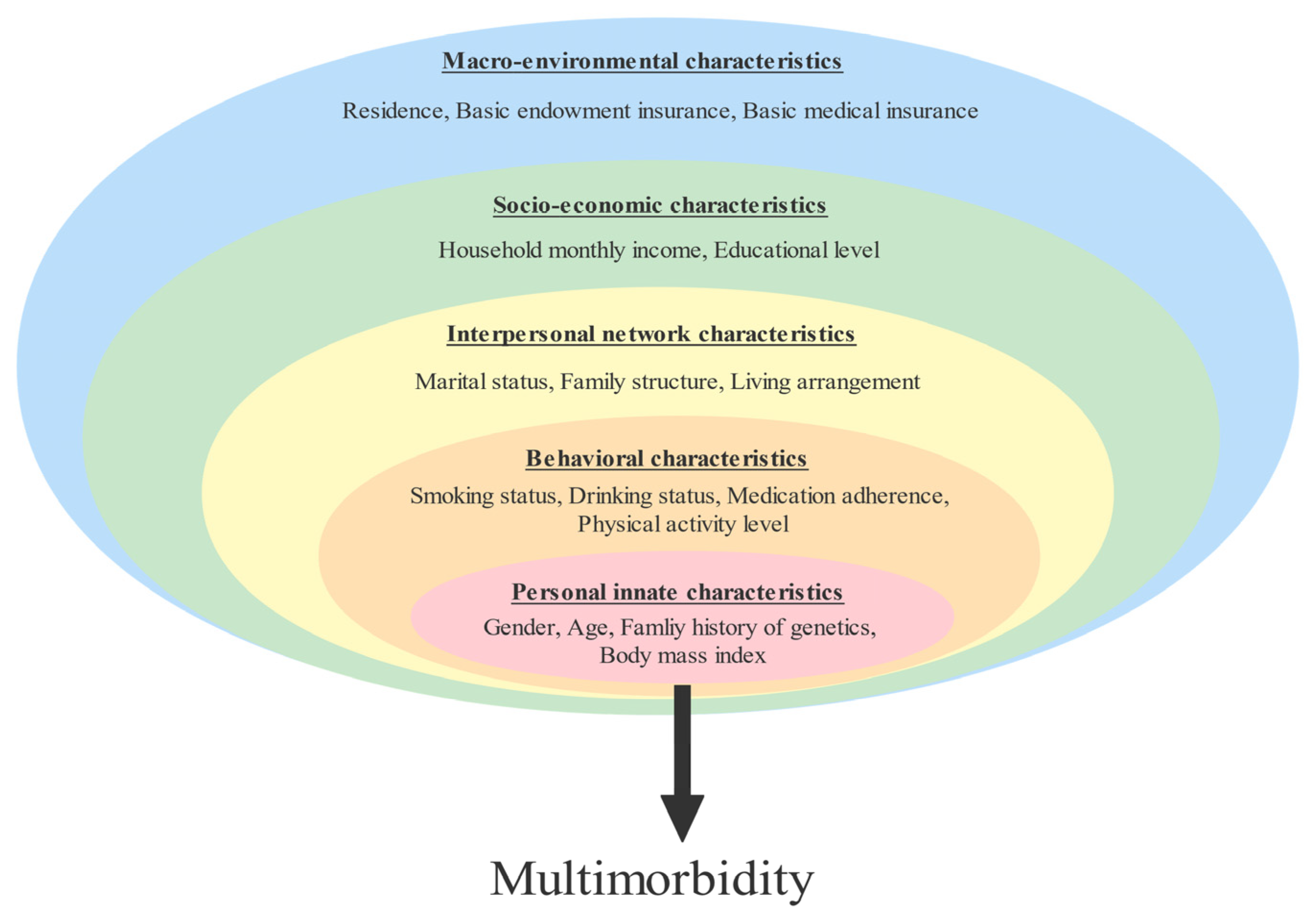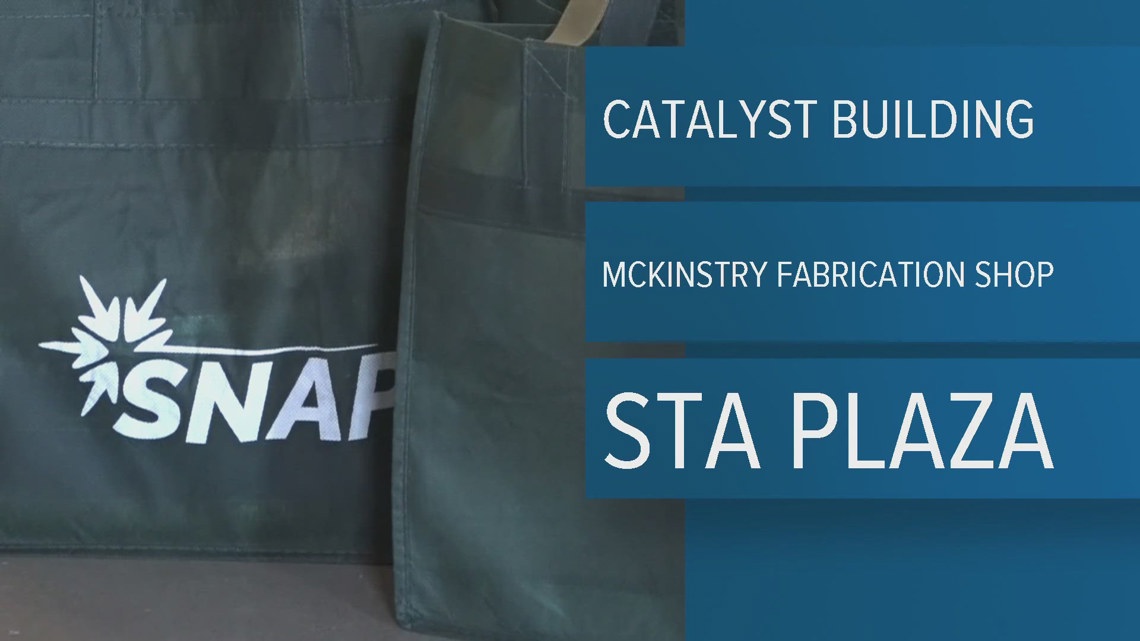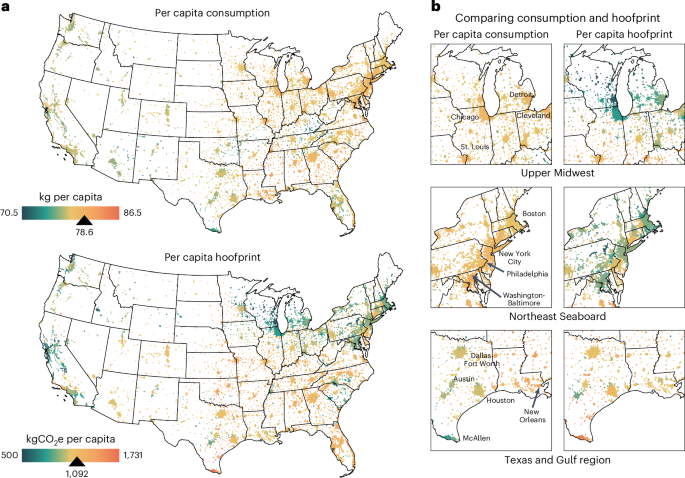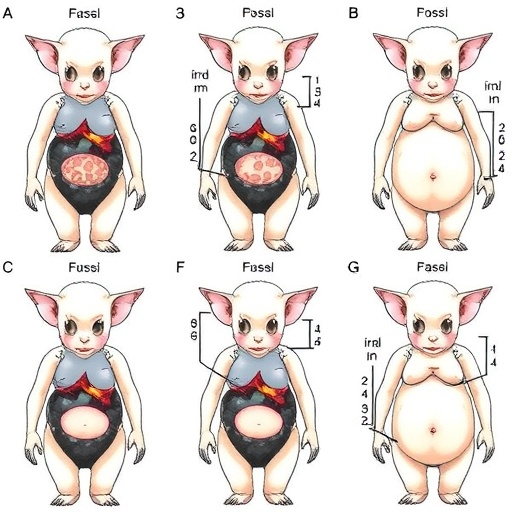Enrollment open for K-12 school leadership programs – Virginia Tech News

Virginia Tech School Leaders Institute: Advancing SDG 4 through Educational Leadership Development
Overview and Contribution to Sustainable Development Goals
For over two decades, the Virginia Tech School Leaders Institute has been a pivotal force in developing educational leadership across the Commonwealth of Virginia. The institute’s primary mission aligns directly with the United Nations’ Sustainable Development Goal 4 (SDG 4), which aims to ensure inclusive and equitable quality education and promote lifelong learning opportunities for all. By strengthening the leadership pipeline, the institute contributes to the creation of effective, accountable, and inclusive educational institutions, a principle also central to SDG 16 (Peace, Justice and Strong Institutions). To date, more than 30 alumni serve as superintendents, directly influencing the quality of education and advancing the targets of SDG 4 within Virginia’s school systems.
Program Offerings Aligned with SDG 4 Targets
The institute offers two distinct professional development programs designed to equip educational leaders with the skills necessary to meet contemporary challenges and drive progress toward global education goals.
Recently Appointed Administrators Program
This program is structured to support new school administrators in enhancing their leadership and decision-making capabilities. The curriculum focuses on collaborative learning and practical strategies to foster effective and inclusive learning environments, directly supporting SDG Target 4.a, which calls for building and upgrading education facilities to be safe, inclusive, and effective for all learners.
- Program Objective: To strengthen the capacity of new administrators to lead effectively, ensuring quality educational delivery and management.
- Target Audience: Recently appointed school administrators.
- Program Schedule:
- September 10-12, 2025
- November 5-7, 2025
- February 4-6, 2026
- March 18-20, 2026
- Registration Deadline: August 15
Aspiring Superintendents Program
This intensive, cohort-based program prepares executive-level leaders for the strategic responsibilities of the superintendent role. It emphasizes ethical leadership and systemic management, which are crucial for achieving the broad objectives of SDG 4. Through mentorship and real-world simulations, participants are prepared to lead entire school districts toward equitable and high-quality educational outcomes for all students.
- Program Objective: To prepare senior leaders for system-level roles, focusing on strategic planning, ethical governance, and contract negotiations to build strong educational institutions (SDG 16).
- Target Audience: Executive-level educational leaders preparing for superintendency.
- Program Schedule:
- January 15-16, 2026
- March 5-6, 2026
- April 26-28, 2026
- Registration Deadline: December 15
A Model of SDG 17: Partnerships for the Goals
The success of the School Leaders Institute is underpinned by a robust collaborative framework, exemplifying SDG 17 (Partnerships for the Goals). This multi-stakeholder partnership is essential for mobilizing and sharing knowledge, expertise, and resources to support the achievement of quality education.
Key Partners:
- Virginia Tech Roanoke Center
- Center for Organizational and Technological Advancement
- School of Education
- Virginia Association of School Superintendents
- Western Virginia Public Education Consortium
Commitment to Accessibility and Inclusivity (SDG Target 4.a)
In alignment with the principles of inclusivity central to SDG 4, the institute is committed to providing accessible professional development opportunities. Accommodations are available for individuals with disabilities to ensure full participation. For accommodation requests, please contact Sally McQuinn at 540-767-6096 or smcquinn@vt.edu.
1. Which SDGs are addressed or connected to the issues highlighted in the article?
The article on Virginia Tech’s School Leaders Institute addresses several Sustainable Development Goals (SDGs) by focusing on enhancing the quality of education through leadership development, promoting inclusivity, fostering strong institutions, and highlighting the importance of partnerships.
-
SDG 4: Quality Education
This is the most prominent SDG in the article. The entire initiative, the School Leaders Institute, is dedicated to “advancing the quality of education in Virginia’s schools” by training and developing educational leaders. The programs aim to “sharpen leadership and decision-making skills” and prepare leaders for superintendent roles, which directly impacts the quality of teaching and learning environments in schools.
-
SDG 10: Reduced Inequalities
The article connects to this goal through its explicit commitment to inclusivity. The statement, “If you are an individual with a disability and desire an accommodation, please contact Sally McQuinn,” demonstrates a proactive effort to ensure that the leadership development programs are accessible to all, thereby promoting the inclusion of persons with disabilities.
-
SDG 16: Peace, Justice and Strong Institutions
The institute’s goal of strengthening “leadership pipelines” and providing training in “ethical leadership” contributes to building effective, accountable, and transparent institutions at the local level (i.e., schools and school districts). Well-managed educational institutions are fundamental for community stability and development.
-
SDG 17: Partnerships for the Goals
The article explicitly mentions the collaborative nature of the institute. It is “hosted by the Virginia Tech Roanoke Center, in partnership with the Center for Organizational and Technological Advancement, the School of Education, the Virginia Association of School Superintendents, and the Western Virginia Public Education Consortium.” This multi-stakeholder partnership is a core principle of SDG 17, demonstrating how different entities can work together to achieve a common goal.
2. What specific targets under those SDGs can be identified based on the article’s content?
Based on the article’s content, the following specific SDG targets can be identified:
-
Target 4.c: Increase the supply of qualified teachers
While the target specifically mentions teachers, it also includes “teacher training.” The School Leaders Institute contributes to the spirit of this target by improving the quality of educational leadership. Effective administrators and superintendents are crucial for recruiting, retaining, and supporting qualified teachers, thereby enhancing the overall quality of the education system. The program directly aims to increase the supply of qualified school leaders.
-
Target 10.2: Promote universal social, economic and political inclusion
The article’s inclusion of a clear process for requesting accommodations for individuals with disabilities directly aligns with this target. By ensuring that leaders with disabilities can access and participate in the professional development programs, the institute promotes their social and professional inclusion.
-
Target 16.6: Develop effective, accountable and transparent institutions
The “Aspiring Superintendents Program” and the “Recently Appointed Administrators Program” are designed to build capacity for effective governance in schools. By focusing on “ethical leadership,” “decision-making skills,” and “real-world simulations,” the institute helps develop leaders who can build and manage effective, accountable, and transparent educational institutions.
-
Target 17.17: Encourage effective public, public-private and civil society partnerships
The article provides a clear example of this target in action. The partnership between a university (Virginia Tech), a non-profit center (Center for Organizational and Technological Advancement), a professional association (Virginia Association of School Superintendents), and a public education consortium (Western Virginia Public Education Consortium) is a multi-stakeholder collaboration designed to achieve educational goals.
3. Are there any indicators mentioned or implied in the article that can be used to measure progress towards the identified targets?
Yes, the article mentions or implies several indicators that can be used to measure progress:
-
Indicator for Target 4.c:
A direct quantitative indicator is mentioned: “more than 30 alumni of the institute are serving as superintendents.” This can be tracked as the number of program graduates who assume leadership positions within the education system. The existence of the two distinct programs (“Recently Appointed Administrators Program” and “Aspiring Superintendents Program”) also serves as an indicator of the effort to train educational leaders.
-
Indicator for Target 10.2:
An indicator is the existence of a formal policy and procedure for providing accommodations for persons with disabilities. The article’s specific mention of whom to contact and how (“contact Sally McQuinn at 540-767-6096 or smcquinn@vt.edu”) confirms this process is in place.
-
Indicator for Target 16.6:
The number and type of professional development programs focused on strengthening educational governance and ethical leadership is an implied indicator. The article details two such cohort-based programs, which can be measured and monitored.
-
Indicator for Target 17.17:
The number and diversity of partners involved in the initiative is a clear indicator. The article lists five distinct partners from academia, non-profit, and public sectors, demonstrating a multi-stakeholder partnership.
4. Table of SDGs, Targets, and Indicators
| SDGs | Targets | Indicators |
|---|---|---|
| SDG 4: Quality Education | Target 4.c: By 2030, substantially increase the supply of qualified teachers, including through international cooperation for teacher training. | Number of program alumni serving in leadership positions (e.g., “more than 30 alumni… are serving as superintendents”). |
| SDG 10: Reduced Inequalities | Target 10.2: By 2030, empower and promote the social, economic and political inclusion of all, irrespective of… disability… or other status. | Existence of a formal process to provide accommodations for participants with disabilities (e.g., “If you are an individual with a disability and desire an accommodation, please contact…”). |
| SDG 16: Peace, Justice and Strong Institutions | Target 16.6: Develop effective, accountable and transparent institutions at all levels. | Number of professional development programs offered that focus on strengthening educational leadership and ethical governance. |
| SDG 17: Partnerships for the Goals | Target 17.17: Encourage and promote effective public, public-private and civil society partnerships. | Number and type of organizations collaborating on the program (e.g., Virginia Tech, Center for Organizational and Technological Advancement, Virginia Association of School Superintendents, etc.). |
Source: news.vt.edu

What is Your Reaction?
 Like
0
Like
0
 Dislike
0
Dislike
0
 Love
0
Love
0
 Funny
0
Funny
0
 Angry
0
Angry
0
 Sad
0
Sad
0
 Wow
0
Wow
0









